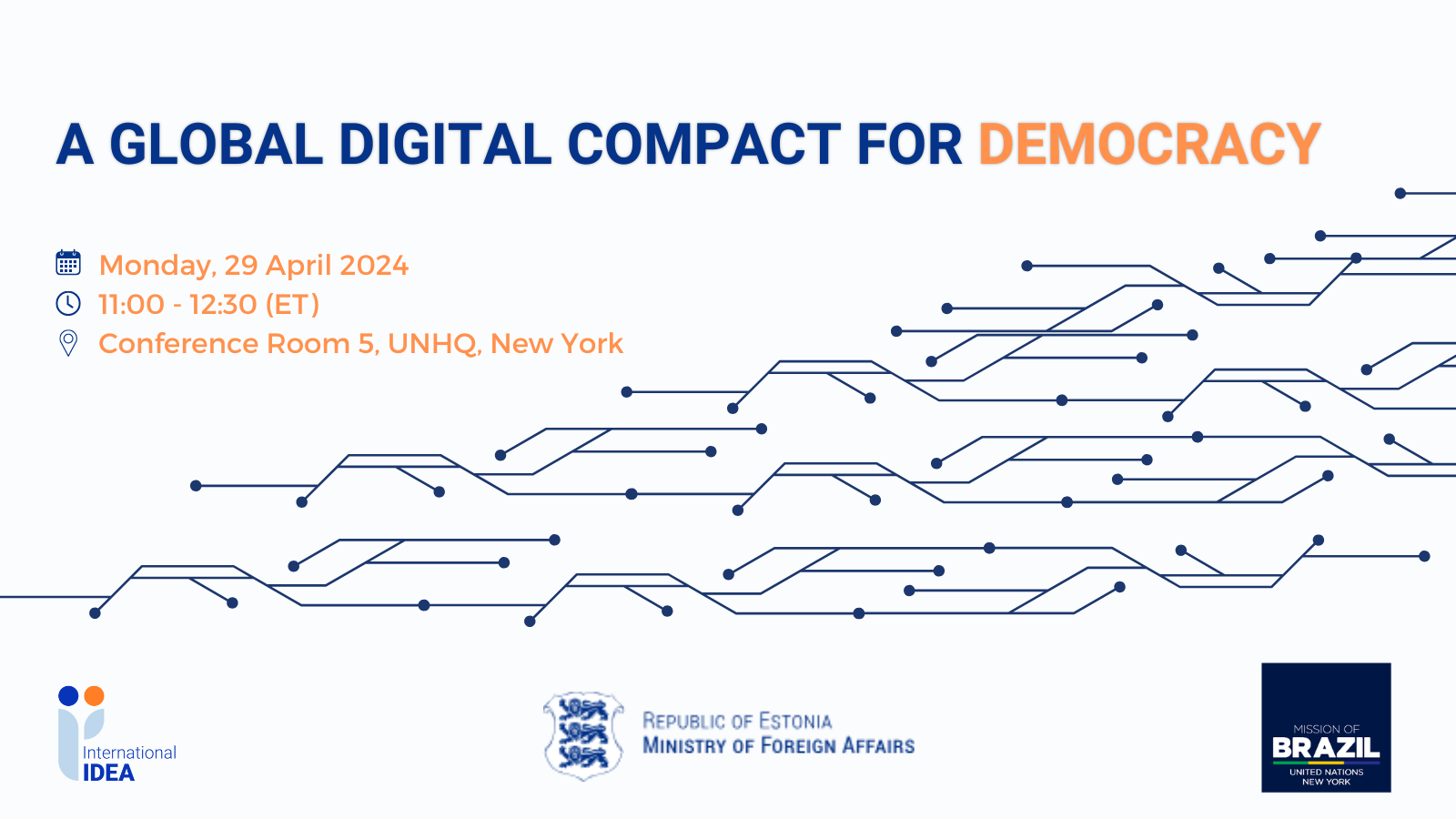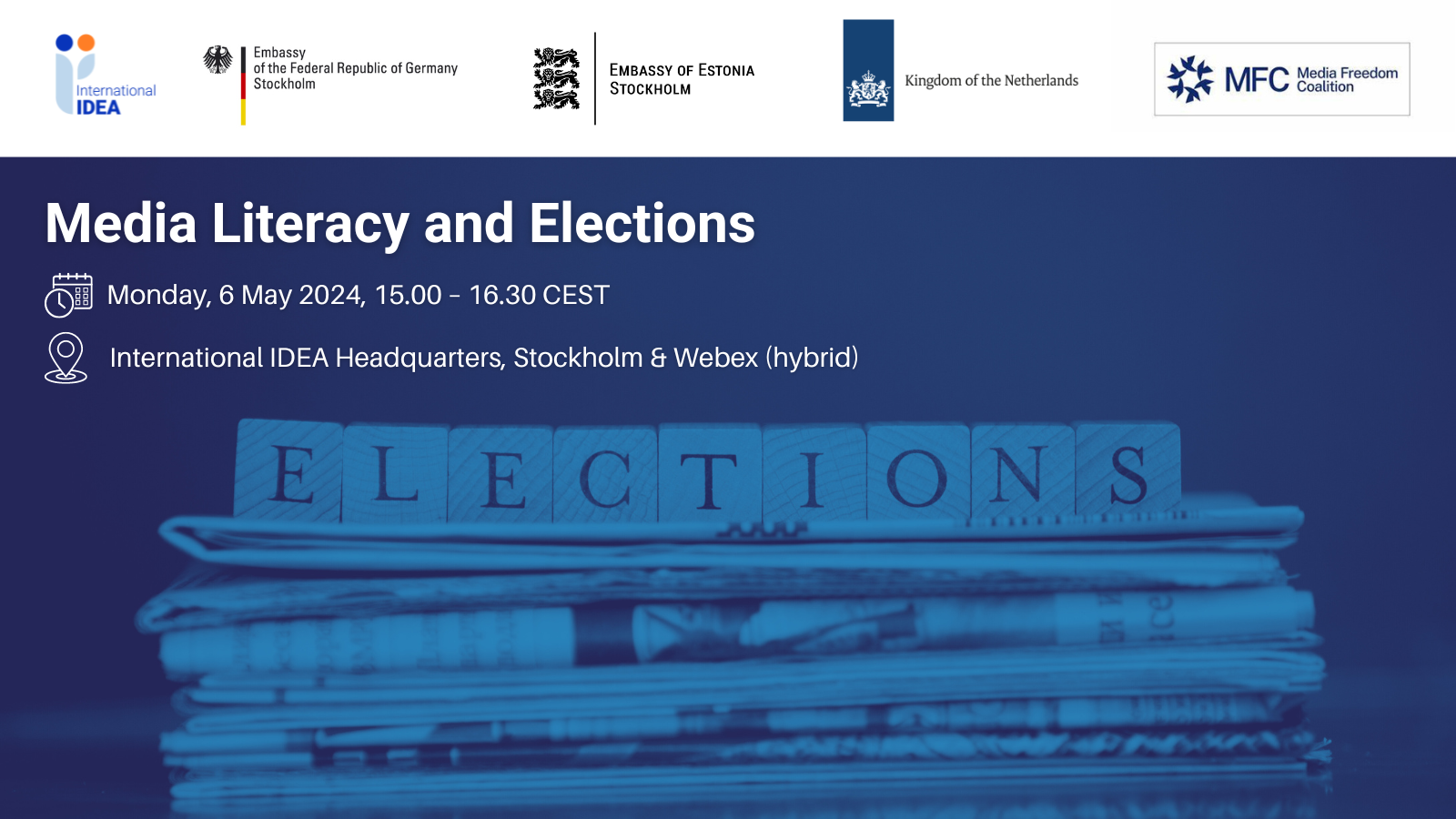In 1954 Doria Shafik, an Egyptian woman and feminist, staged a hunger strike to protest the creation of a new constitutional committee with no women in it. Eight days later she ended her strike after having received a written statement from then-president Mohamed Naguib saying that he committed to a constitution that respected the rights of women.
Shafik’s life is one of the most important history lessons for those concerned with feminism in Egypt and the Arab world. Her story shows a powerful dialectic, which is both old and extended, that arises whenever women demand their right to political participation. Which is more important: Women’s participation in decision-making or developing laws and decisions that respect and take into account women’s rights and issues?
In 1954, Shafik demanded women’s presence in the constitutional committee and President Naguib then committed to a constitution that respected the rights of women. Almost sixty years later, in 2013, feminist movements in Egypt managed to ensure a less-than-10-percent share for women in the fifty-member constitutional committee.
At times decision-makers seem to be reassuring women that there is no need for them to participate in the political process to make sure their rights and interests are considered as these decision-makers simply promise to take their views into account. This is an unjustified patriarchal approach since women’s participation in political life is a right rather than a means to ensure other rights.
Going back to the main question of women’s participation: Will the enacted decisions and legislation take in to account their interests, whether or not women participate in developing such legislation and whether such participation is made through fair representation of women?
This dialectic has been the main issue of negotiations between feminist movements and decision-makers in Egypt over long periods, and it has always caused the state to grant women a few ministerial portfolios and a few seats in parliament and national councils.
In order to answer this question, women’s interests and their rights should be differentiated. The matter is not only about how to achieve women’s interests and take in to account their issues. History demonstrates that most actors and decision-makers in the successive regimes have been men and that women’s interests have not been met. Thus, women’s insistence on participating in decision-making has not been out of thin air.
In fact, political participation is a right and not something granted by regimes in kind. And, like all rights, it should be unconditionally ensured by law. Participation in this context means women’s real presence, with almost equal numbers to men, in vertical and horizontal positions and levels in the structures of decision-making and legislation drafting.
In addition, one problem is that there are not sufficient numbers of qualified women to assume all posts. This is not because they are incompetent or that men are more competent, but because the public sphere has caused women’s participation to be only symbolic without empowering them to become effective leaders. Women do not have real opportunities to practice decision-making and be promoted to refine their skills.
Consequently, it is not surprising that this attitude has almost remained the same since the days of Shafik. Even after women have access to higher positions, they are often given more attention than men. Therefore, it is misleading to think that the goal has been realized, just because women have reached different posts. The real enhancement will come about by empowering women to change the stereotype of their political participation.
Given that the current parliament has the highest number of women in Egyptian history (15 per cent), it operates in an important transitional stage as it is tasked with reviewing the legislation issued when it was not in session. And it provides a genuine chance for political participation. Empowering women MPs and continuously developing their performance within the parliament will support women’s issues and participation on all levels.
International IDEA in Egypt work to provide women MPs with technical and capacity-building support under a cumulative programme. The programme aims to develop their capacities to work in the specialized parliamentary committees that draft and propose laws in order to raise awareness of women’s issues, and to review the laws presented to them in a gender-sensitive manner that promotes equal opportunities.
While there have been some improvements in women’s participation in political life, the changes have been inadequate. International IDEA therefore works for gender equality and the empowerment of women in all our operations and areas of impact in Egypt and in the region. It goes beyond the purely quantitative aspects of gender-based inequality to promote positive change in the form of more equal influence and impact of women in politics.


